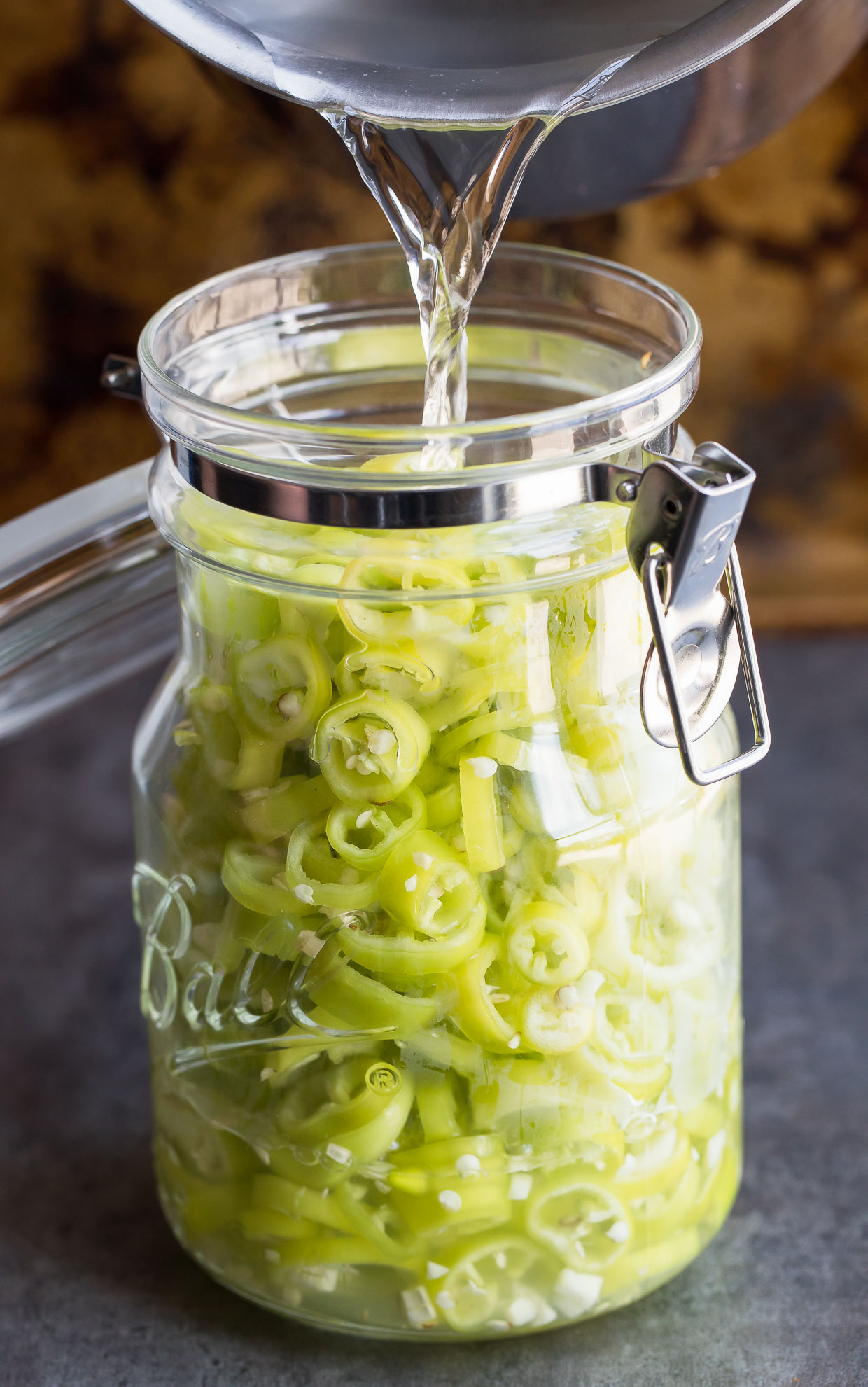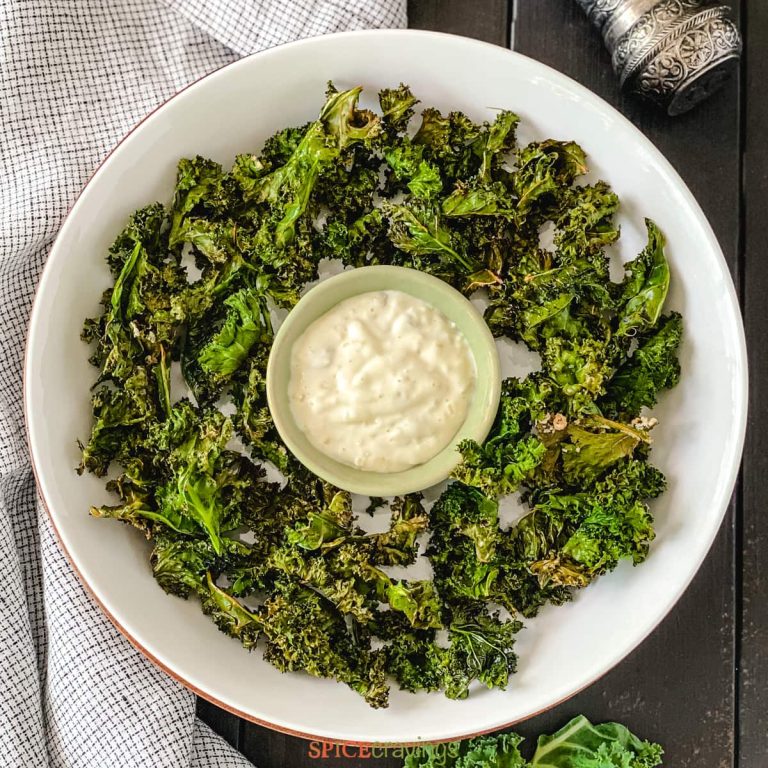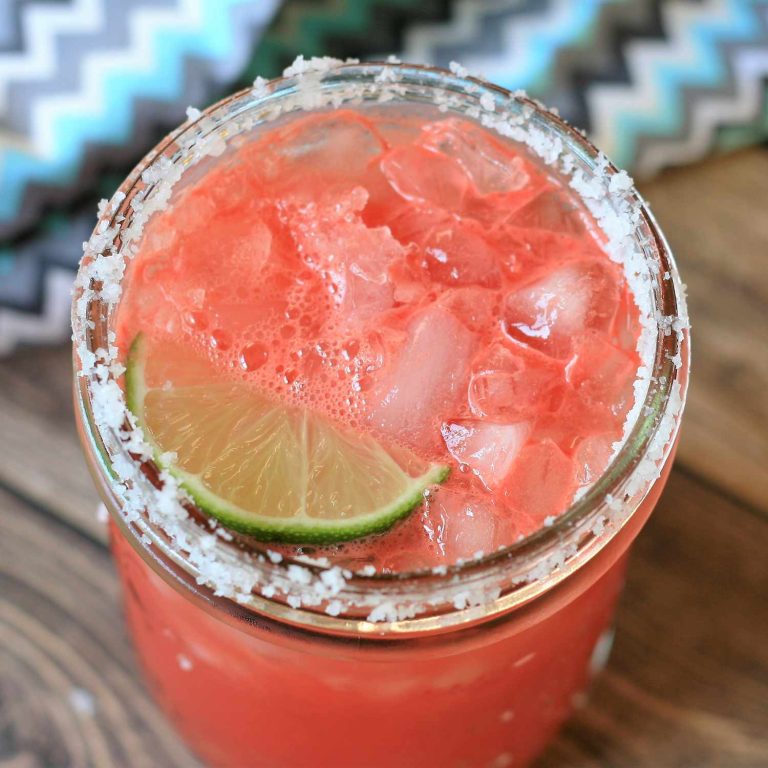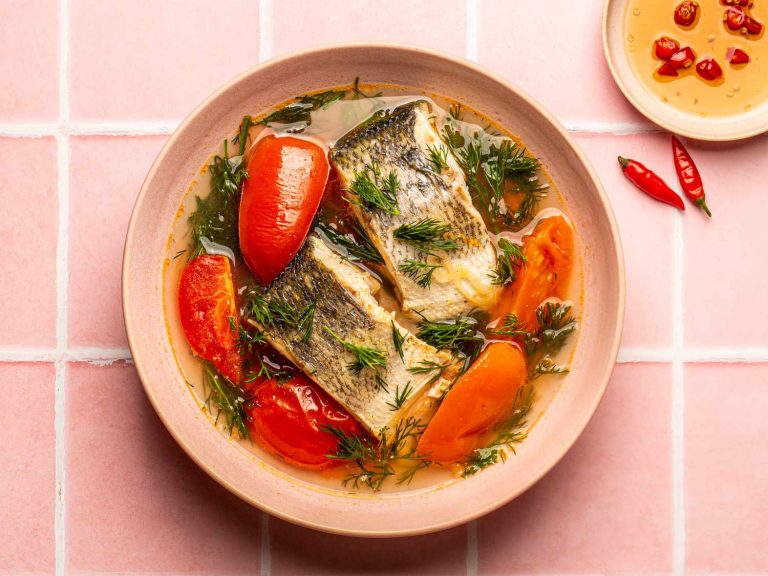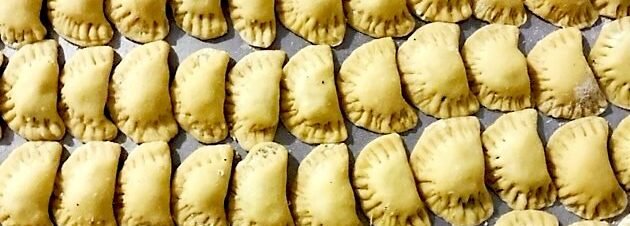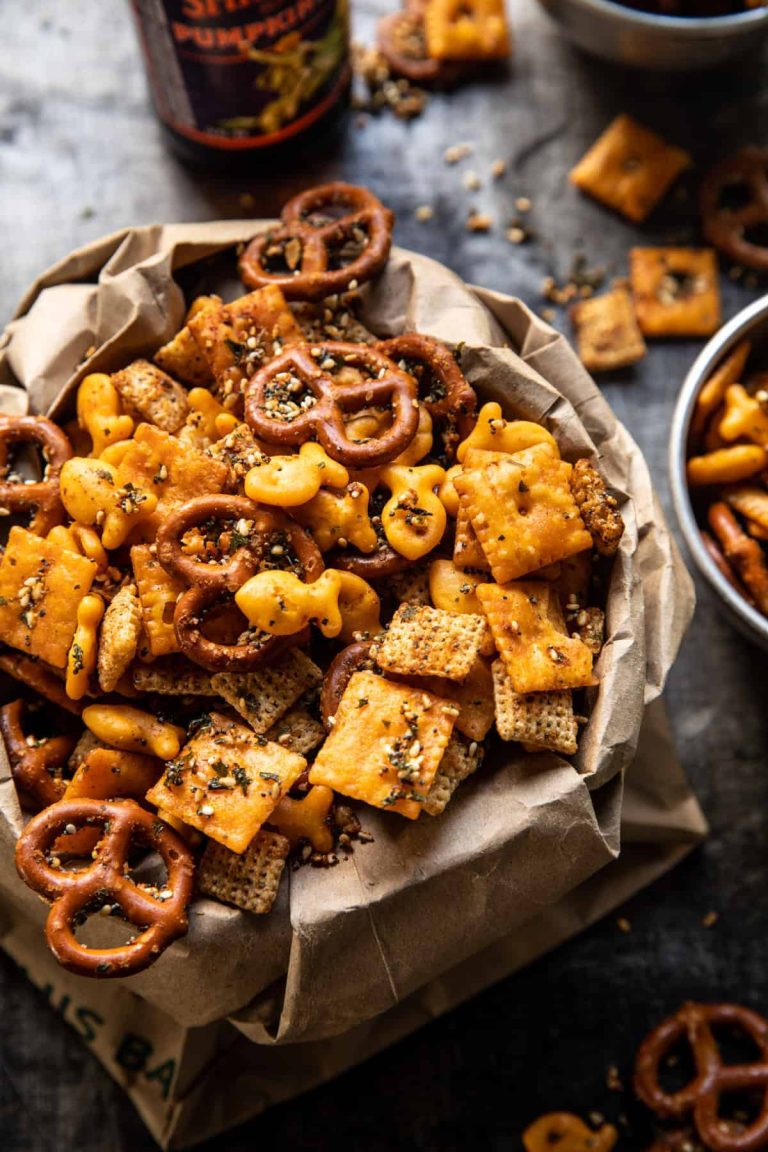Pickled Banana Peppers: Benefits, Uses, and Storage Tips
Pickled banana peppers originate from the banana pepper, a type of Capsicum annuum. These peppers, traditionally grown in North America and Europe, are mild in flavor with a slight sweetness. They come in several varieties, with the Hungarian Wax and Sweet Banana being the most popular. The Hungarian Wax offers a mildly hot flavor, while the Sweet Banana is known for its tangy yet gentle taste.
Nutritional Benefits
Pickled banana peppers provide essential vitamins and minerals. They’re rich in Vitamin C, offering immune system support and skin health benefits. A single serving (about 30 grams) contains:
| Nutrient | Amount |
|---|---|
| Vitamin C | 17% DV |
| Vitamin A | 8% DV |
| Fiber | 1 gram |
| Calories | 15 |
They also contain a small amount of Vitamin A, contributing to vision and skin health, and dietary fiber that supports digestion.
The Pickling Process
Ingredients Used
To pickle banana peppers, you’ll need several key ingredients. Fresh banana peppers are the primary component. White vinegar ensures the acidity levels necessary for preservation and the tangy flavor. Water dilutes the vinegar’s sharpness. Sugar adds sweetness to balance the vinegar’s acidity. Salt enhances the overall flavor and acts as a preservative. Garlic cloves introduce a savory depth. Mustard seeds provide a subtle spice. Optional ingredients like dill, bay leaves, and peppercorns can add unique layers of flavor.
- Prepare Peppers: Wash, then slice banana peppers into rings. Remove the seeds if a milder flavor is preferred.
- Sterilize Jars: Boil canning jars and lids to kill any bacteria. Let them dry completely.
- Make Brine: Combine vinegar, water, sugar, and salt in a pot. Bring to a boil to dissolve sugar and salt.
- Pack Jars: Place garlic and mustard seeds at the bottom of each jar. Fill jars with pepper rings, leaving some headspace.
- Add Brine: Pour the hot brine over the peppers, completely submerging them. Use a knife to remove air bubbles.
- Seal Jars: Secure the lids tightly on each jar. Ensure no brine leaks out.
- Process Jars: Place jars in a boiling water bath for 10 minutes to process. This step is essential for long-term preservation.
- Cool and Store: Let jars cool before storing in a dark place. Wait at least a week before using to let flavors meld.
Culinary Uses of Pickled Banana Peppers
Recipes and Pairings
Pickled banana peppers offer various culinary uses due to their tangy and mildly sweet flavor. They can enhance many dishes:
- Salads: Add sliced pickled banana peppers to Greek, pasta, or garden salads for a vibrant, tangy kick.
- Sandwiches and Wraps: Layer them in sandwiches, wraps, and subs, complementing meats, cheeses, and veggies.
- Pizza Toppings: Scatter pickled banana peppers on pizzas alongside traditional toppings for added zest.
- Burgers: Use them as a burger topping to provide a contrasting flavor to savory patties and creamy cheese.
- Tacos and Nachos: Top tacos and nachos with these peppers for a delicious crunch and tangy twist.
- Balance Flavors: Pair pickled banana peppers with creamy, salty items (like cheeses and olives) to balance their acidity.
- Texture Variety: Use these peppers to add crunch and contrast to soft or dense foods (e.g., in casseroles or sandwiches).
- Serving Size: Start with smaller quantities since their distinct taste can be overpowering.
- Marinades and Dressings: Use pickling brine for creating tangy marinades and salad dressings, enhancing flavor consistency.
- Storage and Usage: Keep an opened jar in the refrigerator and aim to use within a month for best flavor retention.
Health Benefits of Pickled Banana Peppers
Digestive Health
Pickled banana peppers boost digestive health. They contain fiber, which enhances bowel regularity by adding bulk to stool. These peppers also have probiotic benefits, thanks to the pickling process. Probiotics support gut flora balance, improving digestive efficiency. Consuming pickled banana peppers can help prevent constipation and bloating.
Vitamin Content
Pickled banana peppers are rich in essential vitamins. They provide notable amounts of Vitamin C and Vitamin A. Vitamin C strengthens your immune system and facilitates collagen production. Vitamin A is crucial for vision health and skin maintenance. Including these peppers in your diet supports overall health, offering both taste and nutrition.
Selecting and Storing Pickled Banana Peppers
Choosing the Best Product
Pick the freshest pickled banana peppers by examining the color and texture. Look for bright yellow or green peppers, which indicate freshness. Avoid products with a dull color, as this is a sign of aging. Check the label for natural ingredients, low sodium levels, and absence of preservatives. Choose jars with clear brine, as cloudy brine can indicate spoilage. For better flavor, opt for organic brands, which use high-quality peppers and natural pickling processes.
Storage Tips for Longevity
Store unopened jars in a cool, dark place such as a pantry. Keep them away from direct sunlight to prevent quality degradation. After opening, transfer the jar to the refrigerator. Ensure the lid is tightly sealed to retain freshness. Consume the peppers within one month for optimal flavor and texture. Always use a clean utensil to take out the peppers, as introducing contaminants can shorten their shelf life.
Conclusion
Pickled banana peppers bring a delightful mix of flavor and health benefits to your meals. Their mild sweetness and nutritional value make them a versatile addition to various dishes. Whether you’re enhancing a salad, adding zest to a sandwich, or simply enjoying them as a snack, these peppers offer a unique taste experience.
Choosing high-quality pickled banana peppers ensures you get the best flavor and nutritional benefits. Remember to store them properly to maintain their freshness and enjoy them at their peak. Embrace the tangy goodness of pickled banana peppers and elevate your culinary creations effortlessly.
